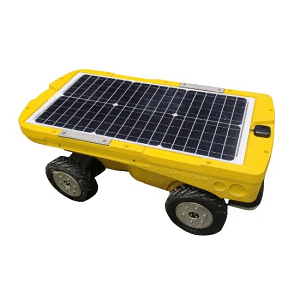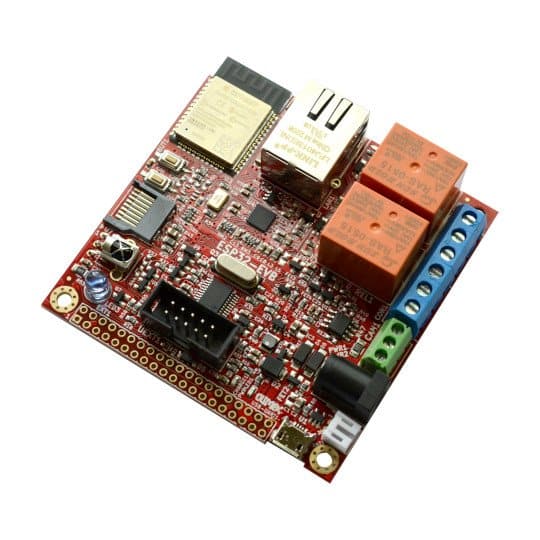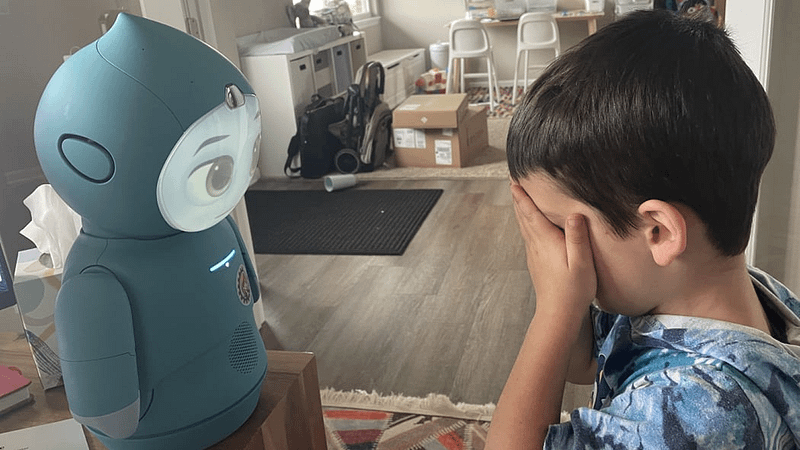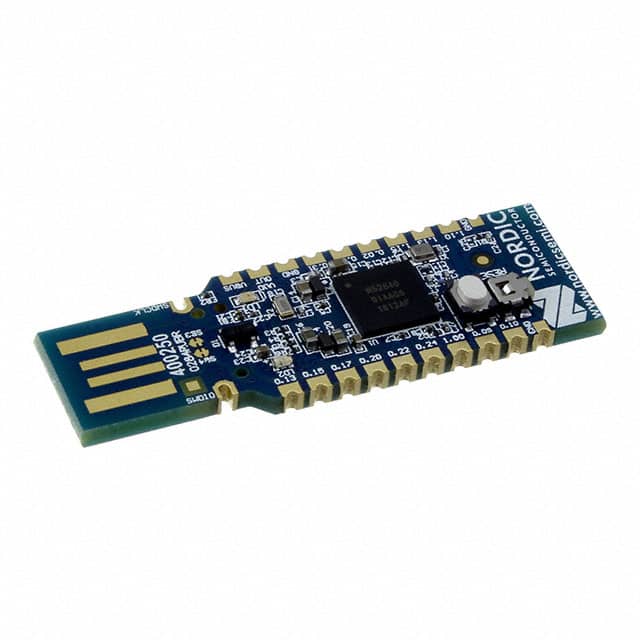
Vitirover
France






Vitirover, established in 2010 in Saint-Émilion, France, is at the forefront of sustainable agricultural technology. The company developed the Vitirover robot, an autonomous, solar-powered mower designed to manage vegetation in sensitive environments such as vineyards, orchards, and solar farms. Unlike traditional machinery that can compact soil and require chemical herbicides, the Vitirover operates gently and efficiently, preserving soil health and reducing environmental impact.
The robot’s advanced navigation system, powered by GPS and optional LIDAR mapping, allows it to autonomously mow areas with high obstacle density, such as vineyards with thousands of posts and vines per hectare. Its lightweight design and low-speed operation ensure minimal disruption to crops and soil structure.
Vitirover’s commitment to innovation is evident in its scalable solutions. The robot can operate individually or as part of a fleet, covering areas up to 1 hectare. This scalability makes it suitable for various applications, from small vineyards to large industrial sites like solar power plants and railway verges.
By integrating renewable energy and cutting-edge robotics, Vitirover offers a sustainable alternative to traditional vegetation management methods, aligning with the growing demand for eco-friendly agricultural practices.
- contact@vitirover.fr
- +33 5 57 55 01 01
- Libourne, Aquitaine
Company Information
Vitirover is a French company specializing in the design, manufacture, and marketing of autonomous, solar-powered robotic mowers tailored for challenging terrains. Founded in 2010 by engineer Xavier David-Beaulieu and entrepreneur Arnaud de la Fouchardière, Vitirover emerged from the need to maintain the family wine estate, Château Coutet in Saint-Émilion, without the ecological impact of traditional machinery.
The Vitirover robot is engineered for precision and efficiency, equipped with four-wheel drive and a patented pendular rear axle, enabling it to navigate complex landscapes such as vineyards, orchards, photovoltaic farms, and railway verges. Its intelligent GPS-guided system allows for 100% autonomy, eliminating the need for physical boundaries like wires or fences.
Operating on solar energy, the Vitirover can work up to 16 hours a day, with the capability to recharge via its solar panel or docking station. This eco-friendly approach not only reduces carbon footprint but also offers a sustainable alternative to chemical herbicides, aligning with the global shift towards greener agricultural practices.
Vitirover’s innovative solutions are encapsulated in its “Robot-as-a-Service” model, providing scalable and efficient vegetation management for various industries, enhancing both productivity and environmental stewardship.
-
Solar-Powered Operation: Equipped with an onboard solar panel, the Vitirover can operate autonomously for up to 6 hours daily, with the ability to recharge at its station for 8 hours, enabling 16 hours of operation.
-
Advanced Navigation: Utilizes GPS and optional LIDAR mapping for precise movement and obstacle avoidance, allowing it to navigate complex terrains with high obstacle density.
-
Scalability: Designed to operate individually or as part of a fleet, covering areas up to 1 hectare, with the capacity to expand coverage by adding more units.
-
Eco-Friendly: Eliminates the need for chemical herbicides and reduces soil compaction, promoting sustainable agricultural practices.
Products

Newsletter
Latest Products

ESP32-EVB is an industrial-grade development board with Ethernet, relays, CAN bus, and microSD — perfect for robotic automation, gateways, or industrial IoT systems with rugged connectivity needs.
Olimex ESP32-EVB

Combines ESP32 with LoRa transceiver and OLED screen. It’s designed for long-range telemetry and low-power robotics like delivery drones, field monitors, and agricultural bots.
Heltec WiFi LoRa 32 (V3)
Events

Shopper Insights Tech Showcase
Live demos of AI-driven shopper research tools, including biometrics, neuromarketing, and ethnography

